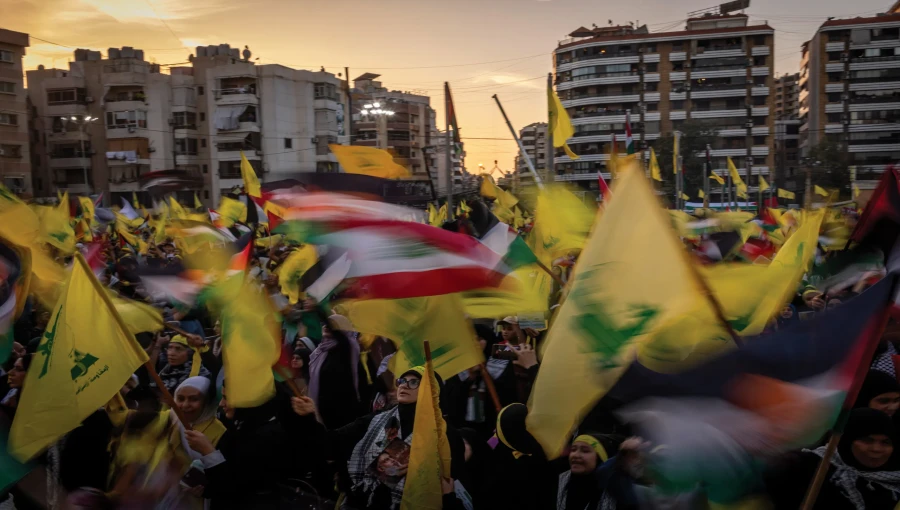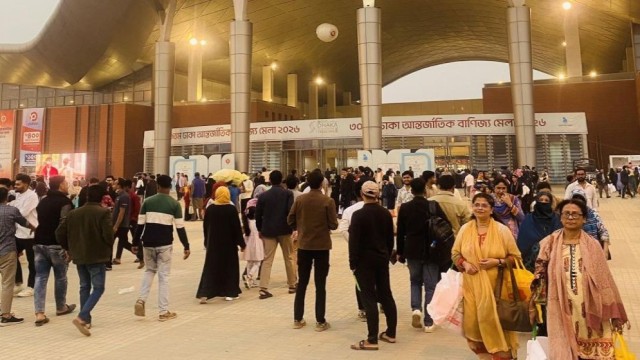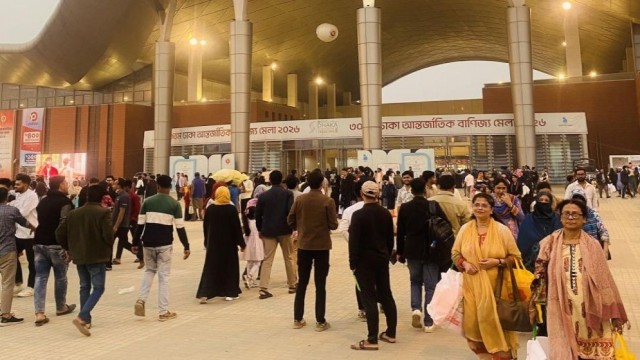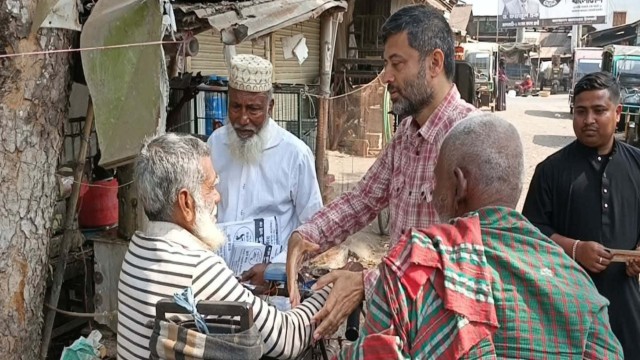Nov 17, (V7N) - The ongoing conflict between Israel and Hezbollah has caused immense hardship for residents and business owners in south Beirut, particularly in areas like Haret Hreik and surrounding neighborhoods. Many have fled to escape the bombings, but some, like Lina al-Khalil, have stayed behind to keep their businesses running despite the risks. Al-Khalil, who runs a pharmacy, has had to move stock to safer locations in the mountains and has cut her employees' wages due to a sharp decline in customers. She has become resourceful, even delivering medicines to customers' homes, but the financial strain is evident as most of the area's 600,000-800,000 residents have evacuated.
Similarly, Mehdi Zeitar, a grocer, continues to run his vegetable stall despite Israeli airstrikes that have destroyed his home. He spends much of his day waiting for customers who rarely arrive. He refers to the situation as a game of "hide-and-seek", where he must retreat during attacks and return after they subside. His experience is not unique, as many business owners in the region are struggling to stay afloat, with the World Bank estimating $1.7 billion in losses for the Lebanese commercial sector alone due to the conflict.
Businesses that have been able to relocate, such as those owned by Ali Mahdi, are facing challenges like rising rents and fear of displacement among residents in safer districts. Despite these efforts, there is uncertainty about the future, with some business owners like Mahdi choosing to reduce their stock, not knowing whether it’s best to continue operations or conserve cash.
For those whose businesses were directly impacted, like Abdel Rahman Zahr El-Din, who saw his cafe reduced to rubble, the loss is devastating. He now has little to salvage except for a few personal items, leaving him to confront the total destruction of his livelihood. The broader impact of the conflict has been particularly felt in the southern suburbs, where the economy is struggling amid ongoing strikes.
END/BUS/RH/





























Comment: